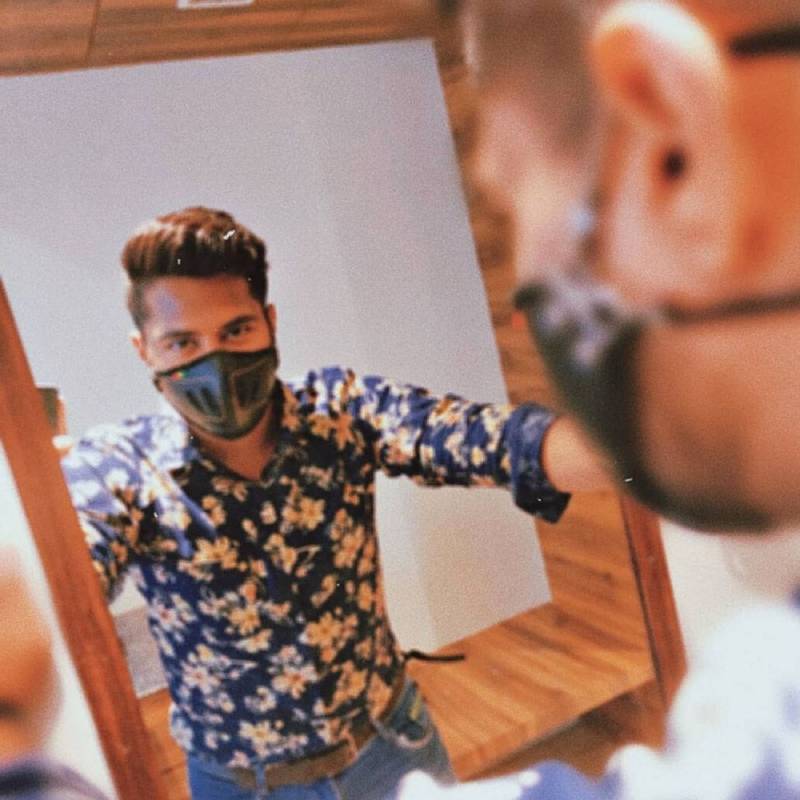What It Is Like to Be a Professional Chef | Bobby Rahman

Meet Bobby Rahman, a professional chef known for his mastery in his craft and is lauded as being one of the few chefs in Canada that specializes in authentic Canadian cuisine!
When was the day when you started to call yourself a professional chef?
Bobby Rahman: I didn’t start calling myself a professional chef until I was cooking for a restaurant that earned 3 Michelin Stars. It’s a very difficult place to get into, but that was (and is still) how I measured my success as a chef, considering the fact that there are only 475 other restaurants (in the world!) with that ranking. It’s a considerable honor to be acknowledged amongst those ranks, and because of that, any chef that gets to that stage is one that is well worth the title.
As for when I personally began feeling more comfortable about where I was, it would have to be around six years ago? That was around the time when I felt I was able to hit my stride when it came to my cooking — and I felt more secure about where I stood in the industry as a whole.
Three benefits of being a professional chef?
Bobby Rahman:
- Personal Satisfaction! Being a professional chef means that you’ve accomplished something that not just about anyone is capable of doing.
- Cultural Enlightenment! You’ll be able to enjoy food of all types — from various countries and cultures. Being a chef is not all about cooking, after all. It also means exploring all the different flavors that exist in various cuisines and sharing it.
- Constant Excitement! As a professional chef, there’s a lot to experience — which varies greatly depending on location, time, etc. So, you’ll never grow bored!
How are your relationships with the staff?
Bobby Rahman: If your staff in the kitchen are all human beings, you should treat them with respect. This means they deserve to be treated with dignity and given time off when they need it. Many workers work long hours without breaks or proper nutrition, which can have a damaging effect on their personal life and lead to performance issues at work.
As a ‘boss’ it’s crucial to make sure that your staff feel appreciated and empowered while they’re at work so that they can go home feeling good about their accomplishments rather than depleted physically, emotionally, and psychologically. So yeah, half of your job is really just keeping your people happy!
Your relationships with the staff in the kitchen should be mutually beneficial – and equally respectful – so everyone will generate vibrant energy for growth instead of creating unrest caused by neglected feelings or lagging.

Have you ever considered opening your restaurant?
Bobby Rahman: I have considered it. For now, I’d prefer to work as a chef in somebody else’s restaurant first while I hone my skills. But for the future? My ideal goal is to open a high-quality and affordable restaurant one day where people can go and eat healthy, grab a coffee, and be proud of the establishment they’re supporting.
Which is the most expensive dish on your menu?
Bobby Rahman: Our most expensive dish is the “Big Break T-bone Steak,” which retails 230.29 Canadian dollars per kilogram.
Have you had any accidents while working as a chef?
Bobby Rahman: As someone that works in the kitchen, accidents are a part of the job. Accidents can really happen to anyone at any time. But, as a chef, I was trained to minimize the risks of such accidents and taught a variety of healthy cooking practices to prevent any endangerment for the people we cook for.
Is there any dish that you do not like to cook, but that your clients love?
Bobby Rahman: I love everything. It’s not like I don’t like any dish, but I have had some dishes that people are constantly asking me to cook that are a bit tough on the schedule.
For example, one of our most popular dishes at the restaurant is poutine. This is a Canadian dish where we take French fries and fry them twice (hot and cold). We top them with fresh cheese curds and then cheese sauce and you can even custom order extras such as bacon or sausage sauce for either before or after frying, so they’ll get nice crispy bits too. All in all? A very satisfying meal and something that I enjoy cooking. But it takes a while to get it just right and managing it while there are other dishes on the side is quite difficult if you’re not used to it.